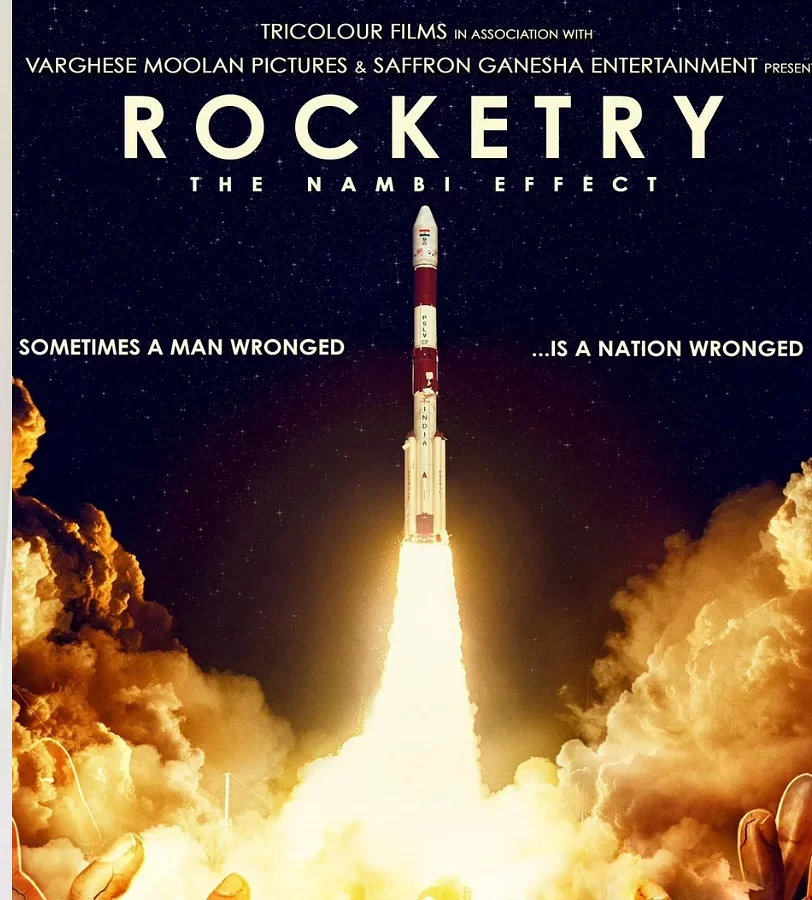Mumbai: Fifteen new projects on the concept of Co-Space have been awarded funding by the multi-agency Interactive Digital Media (IDM) Research and Development (R&D) Programme Office (IDMPO) hosted by Singapore’s Media Development Authority.
Collectively, these projects involving 15 companies will achieve for Singapore an increase of some $37 million in Total Business Spending, 240 new jobs, and create platforms and services that will support some 1300 third-party applications. Hands-on training and development will also be provided for some 5600 students and professionals. The projects have also secured 20 public agencies such as National Library Board, National Heritage Board (NHB) and Singapore Health Services as early adopters.
About $ 8 million (S$12 million) in funding have been awarded to the 15 projects. They were selected from the inaugural Co-Space (industry) Call for Proposals which attracted 55 proposals involving some 200 companies from the broadcasting, real estate, healthcare, defence, sports, gaming, virtual worlds, telecommunications, education and 3D sub-sectors. The Call closed in June 2008.
The Call is part of the IDMPO’s efforts to build the IDM industry in Singapore, whose strategic programme on behalf of the National Research Foundation has seeded innovation amongst local academic institutions, industry and start-ups across the island. The focus of the R&D extends beyond technology development, to also encouraging stakeholders to experiment with new services, business models, and the translation of IDM into the domains of various economic sectors.
Under the Call, exciting innovations in 3D realism and immersive media will soon result in technologies which will capture and render Singapore in rich 3D detail. These projects, when implemented over the next two to three years, will mirror Singapore in virtual 3D; including street objects, the surrounding maritime areas, and the interiors of buildings.
"Co-Space has spurred innovation and breakthrough thinking in the future of digital physical environments. The Call has attracted participation from all levels of the industry including start-ups, local Small Medium Enterprises, and Multi-National Companies who have pitched in with us to inspire a new generation of applications. Co-Space has jumpstarted cutting edge thinking and innovation in IDM. Our aim moving forward, would be to nurture an environment to support the thousands of companies, students and researchers under our programme; in order to position Singapore at the forefront of this next generation Web", said IDMPO executive director Michael Yap.
Together, the projects will add realism to the 3D environment, with new tools and applications that will revolutionise the way in which organisations and businesses conduct their activities. Users will soon be able to navigate Singapore in true, first person 3D view, where there will be realistic simulation of building interiors and waterways; and information will be organised with reference to actual locations – projects undertaken by IDM companies G Element, Metaversum, Thales Technology Centre Singapore, KPB Technologies and Visual Factory.
For example, the MagicStitch platform being developed by Visual Factory, in collaboration with NHB will soon allow museum curators from around the world to design and curate their own virtual 3D museum galleries; showcasing precious art works from the national archives of countries around the world.
"NHB has selected Visual Factory Pte Ltd to develop the Cybermuseum project based on its immersive 3D technologies. Visual Factory’s product, MagicStitch, is an attractive platform for fast and easy deployment of 3D immersive applications. Professional and non professional users can now create their own virtual spaces, social networks, e-commerce applications, and much more," said National Heritage Board chief technology officer Philip Chua.
With the augmentation of geographical infrastructure such as cameras, location based capabilities and telemetry sensors, the 3D world will provide rich opportunities for new types of services, not least of which is a new virtual shop front for business owners proposed by Qmax, a real to virtual payment gateway proposed by First Meta, and real-time interactive large scale video streaming proposed by ETi ServTouch.
A framework for the integration of these virtual technologies will also be put in place by Sun Microsystems, who will work with the open source community to couple the rich world of 3D virtual spaces with sensor and location based technologies.
The Call also saw innovation in new media experiences, where proposals touched on new forms of interactivity and multi-platform broadcasting for more pervasive and engaged media choices. Soon, computer interaction will no longer be confined to the keyboard, as VeeV Interactive Pte Ltd, a wholly-owed subsidiary of Sky Media, will offer users the ability to ‘hold’ and ‘use’ tools to draw, paint, colour and create pictures using an affordable haptic device. PGK Media’s AdMe service will also allow users to interact and send video clips and other media-rich content to more than 40 live-sized mobile billboards located across Singapore.
The relevance of virtual media-rich environments will be brought into a variety of consumer services. For example, taxi commuters can expect shorter queue times at taxi stands as new services such as Stratech System’s Dynamic Vehicle AllocationSystem will detect commuter queue lengths and convert such data into media rich visual applications on the Internet and commuters’ mobile phones. The system will also allow the capturing and sending of video images from taxi stands to taxi operators’ call centres so that taxis can be better deployed to meet commuters’ demand.
The 15 projects awarded under the call were selected after rigorous evaluation by a 16-agency evaluation panel. Collectively, they offer unprecedented opportunities for innovation through a combination of both physical and virtual world offerings, and create an environment for building yet unknown services that tap on the promise of digital ubiquity. The resulting applications; rooted in the usefulness of real-world, realtime information, will also create opportunities for limitless new experiences for the public.
Last month, the IDMPO announced the funding of 13 Co-Space projects submitted by local academic institutions. With the contributions from both the industry and academic field, Singapore is well positioned as a player in the next generation Internet, where the web will become even more pervasive, immersive, and integrated into our daily lives.
Moving forward, IDMPO will be working on a National Innovations Commons framework whereby technologies developed will be shared across the sector to foster an environment for collaboration. IDMPO will also be engaging closely with public and private sector organisations to push the envelope of innovation through co-creation.




